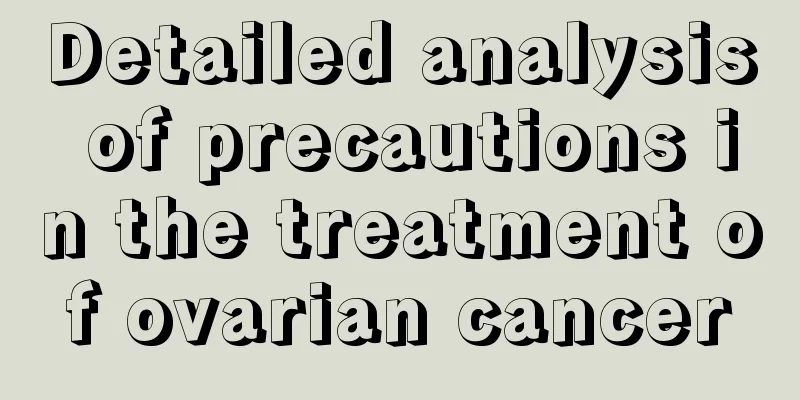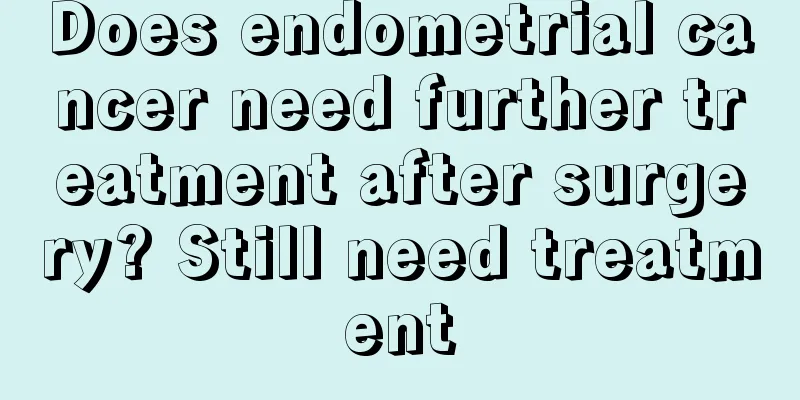What does occasional premature beats mean?

|
Premature beats are generally divided into two categories: occasional premature beats and frequent premature beats. In fact, the symptoms of the two diseases are the same, but the frequency of premature beats is different. The number of occasional premature beats per minute is less than that of frequent premature beats. Classification Premature ventricular beats are generally divided into two categories: 1. Occasional ventricular premature beats: Less than 6 times per minute are called occasional ventricular premature beats, also known as functional premature beats and benign premature beats. Occasional ventricular premature beats: refers to ventricular premature beats in which no evidence of heart disease is found after various examinations. It is very common clinically. It will gradually increase with age, but it does not have much impact on health. Drinking a lot of alcohol, smoking, drinking strong tea, coffee, anxiety, tension, indigestion, constipation, insomnia, autonomic nervous system disorders, etc. can induce the occurrence of occasional ventricular premature beats. If there are no obvious symptoms, there is no need to use drug treatment. If the patient has obvious symptoms, treatment should be aimed at eliminating the symptoms. Reduce patients' worries and anxieties and avoid triggering factors such as smoking, coffee, stress, etc. 2. Frequent ventricular premature beats: refers to more than six ventricular premature beats in one minute, which mostly occur on the basis of organic heart disease. The most common heart diseases are hypertension, coronary heart disease, cardiomyopathy, rheumatic heart disease and mitral valve prolapse. In addition to taking antiarrhythmic drugs, treatment should also be directed at the underlying disease and its inducing causes. symptom Occasionally there are palpitations and chest tightness, and the pulse may be knotty and rapid. A few patients report "skipping beats" in their pulse, a pounding sensation in the chest, "heart churning", or "the heart feels like it's jumping into the throat". Some patients feel their heart stops beating, palpitations, or rapid rise and fall like an elevator. |
<<: How to make lips thinner, plastic surgery can help you
>>: Which moles on the face cannot be removed, these good moles need to be left
Recommend
Which hospital is best for treating colon cancer
The colon is an important organ of the human body...
How to effectively treat sebaceous nevus?
Sebaceous nevus is a type of hamartoma that is co...
What to do with acne? Teach you some tricks to eliminate
In real life, it is very distressing to have acne...
What causes chronic foot rot
If a person's feet often suffer from diseases...
Is liver cancer in late stage contagious? Pay attention to these things in late stage liver cancer
Liver cancer is a malignant tumor that occurs in ...
How long does it take for bladder cancer to recur
There are many treatments for bladder cancer, and...
What to do if nails grow into the flesh
We know that nails are very important to us. Our ...
Explain to everyone the dietary precautions for esophageal cancer
After suffering from esophageal cancer, you need ...
Can taking a warm bath reduce fever?
Fever is a common condition in our lives, mainly ...
How to deal with yellowing walls
Do you often encounter a phenomenon in your life,...
What should I do if a small piece of my big tooth falls off?
Teeth are important organs for chewing food, and ...
Methods for preventing diseases in autumn
Autumn is the season of alternating cold and hot ...
What to do if the tendons hurt after a fracture
Fractures are a common occurrence in the human bo...
What are the symptoms of early lung cancer? 4 common symptoms of early lung cancer
Daily diet is very important for preventing lung ...
Is melanoma a familial genetic disease?
Melanoma is a common malignant skin tumor that is...









